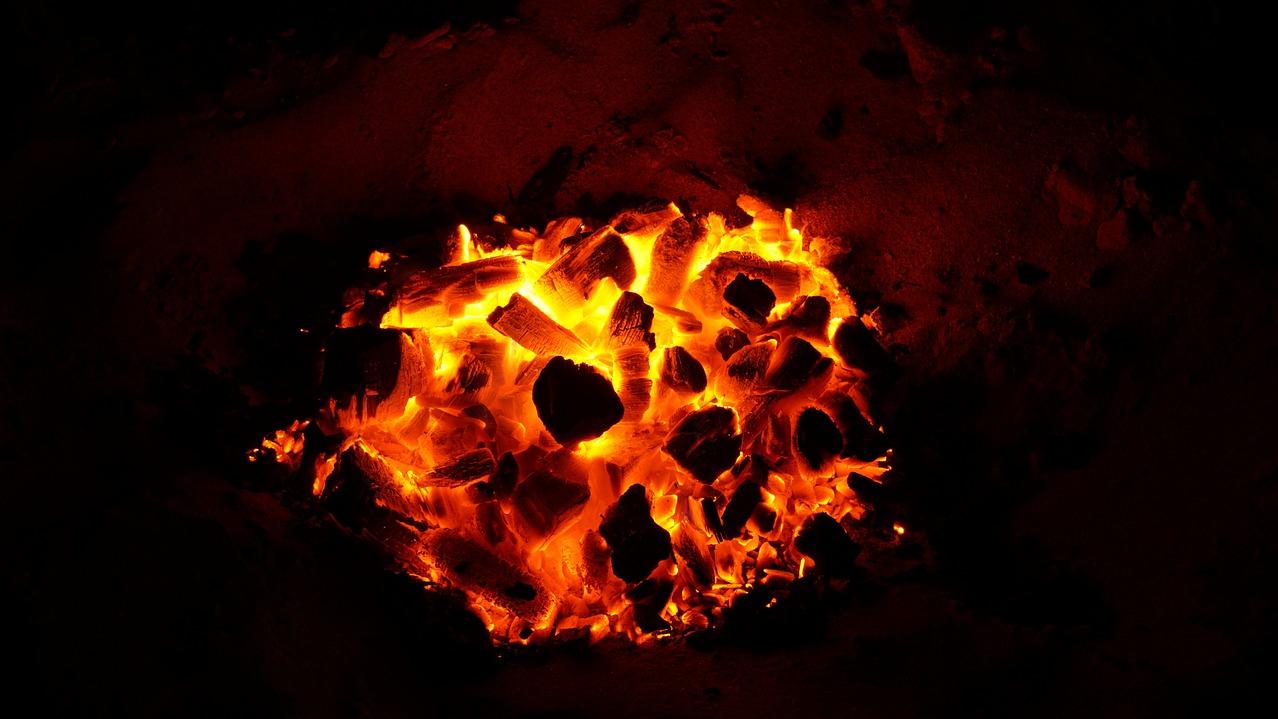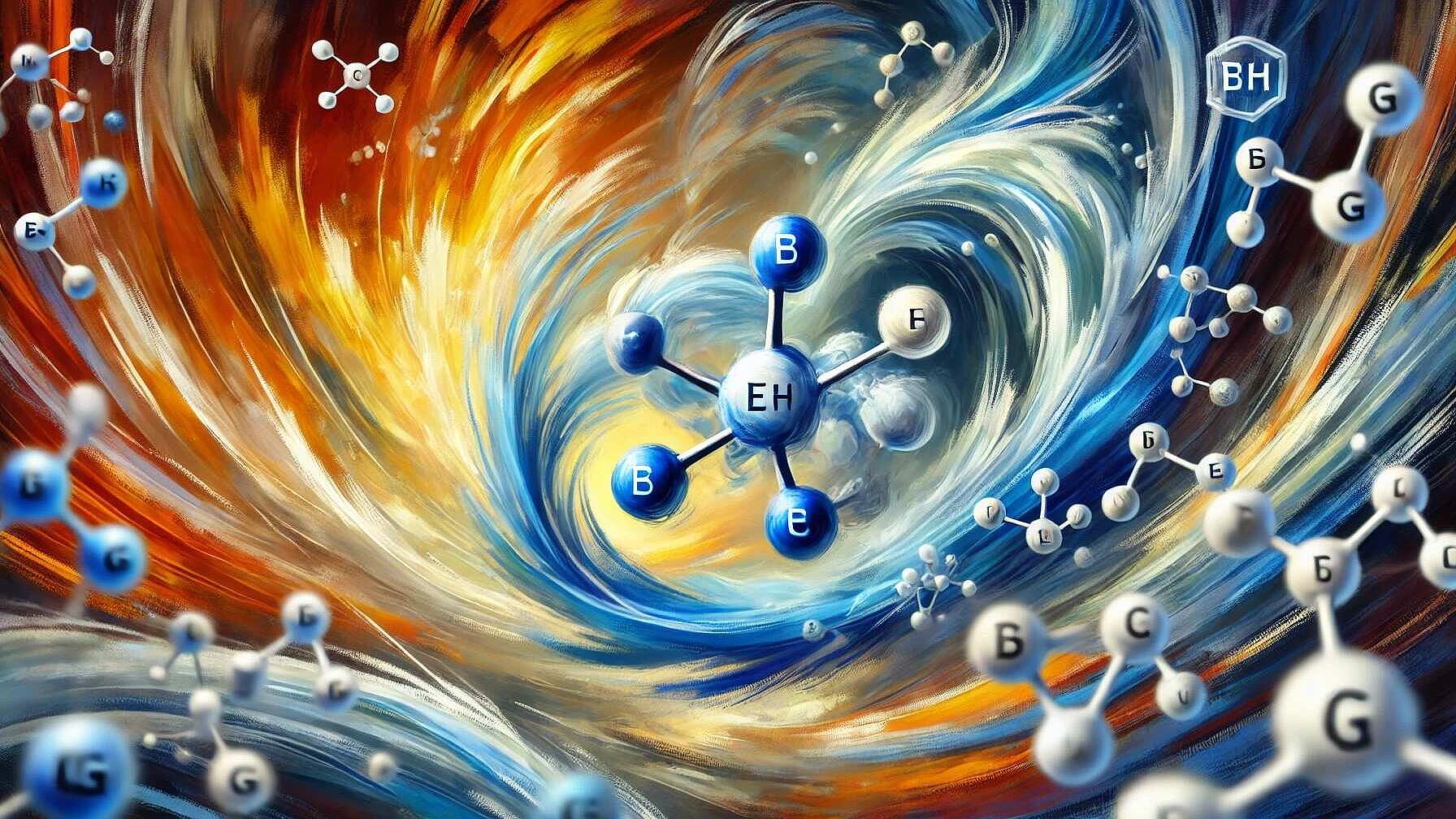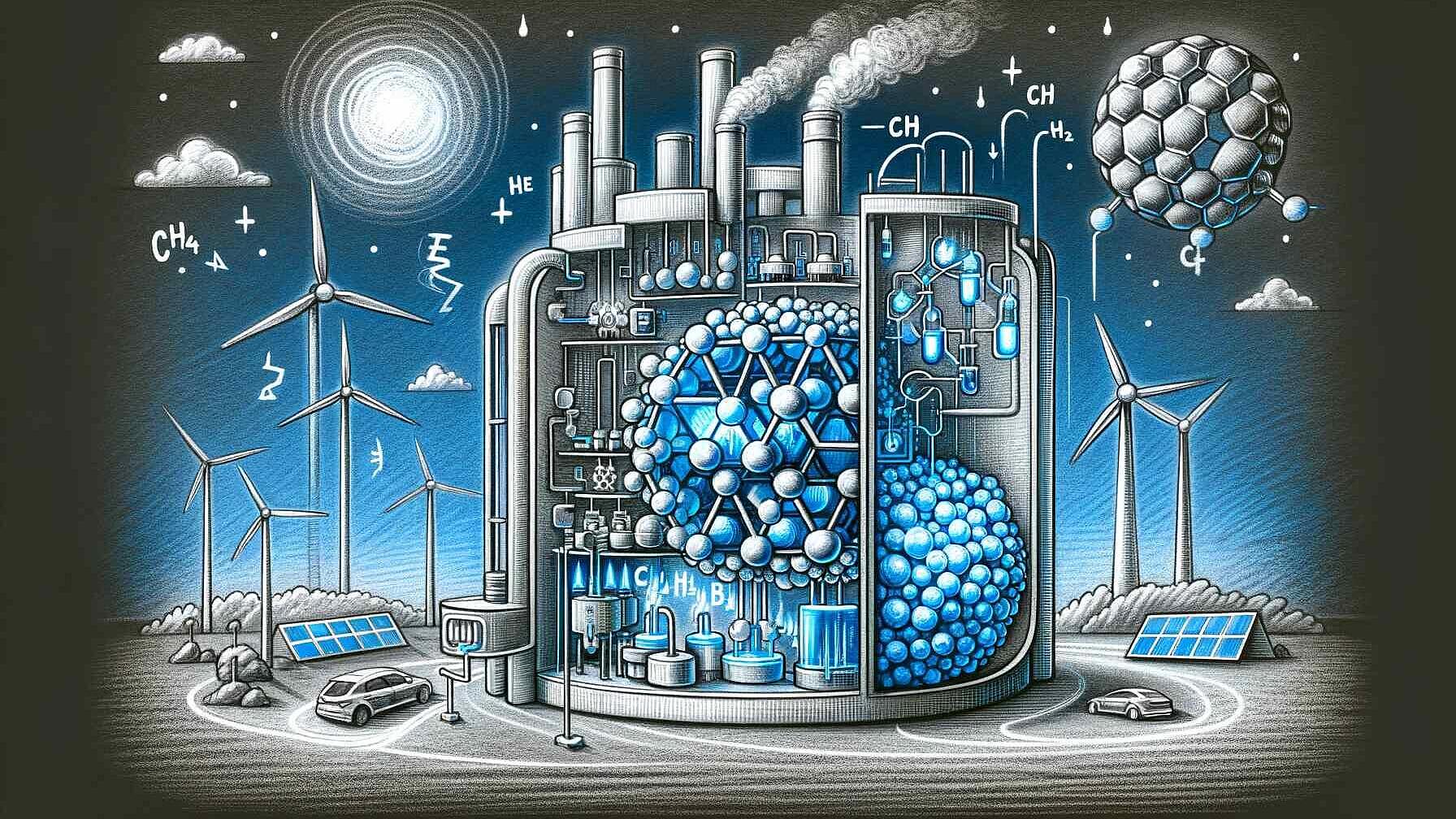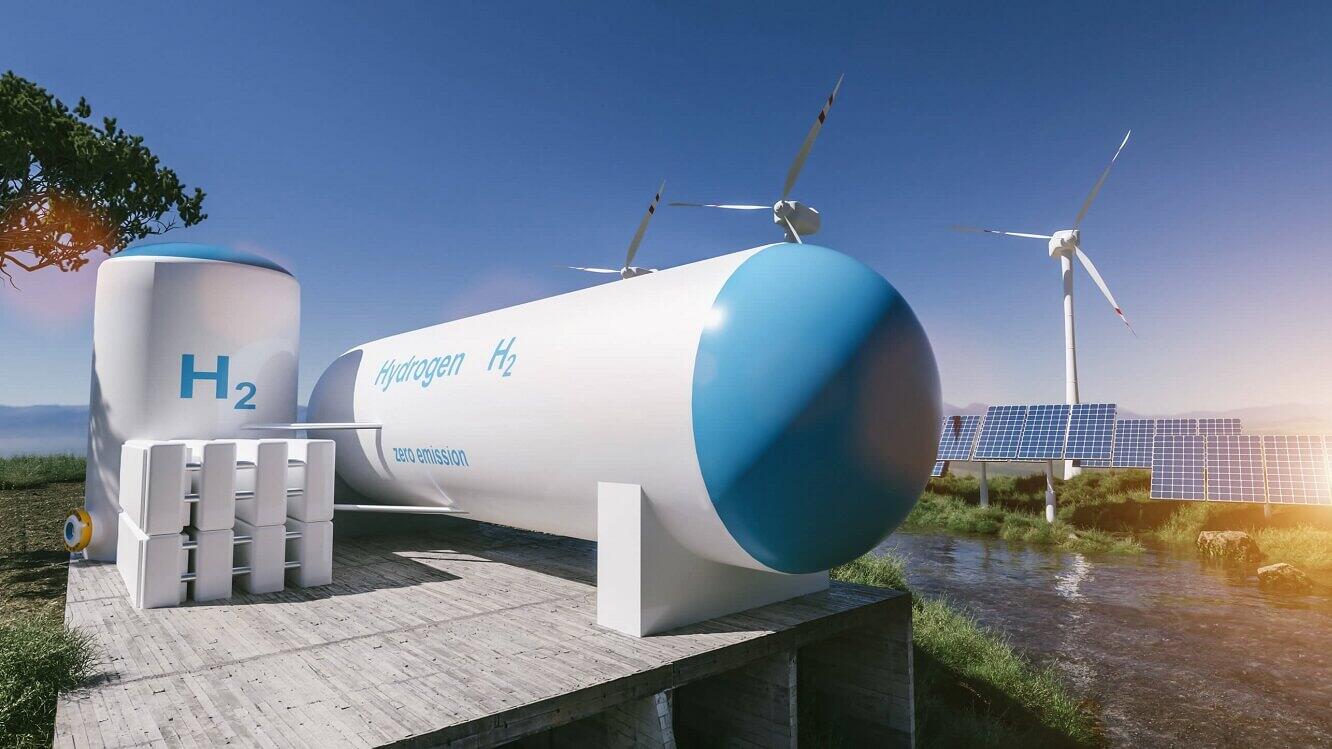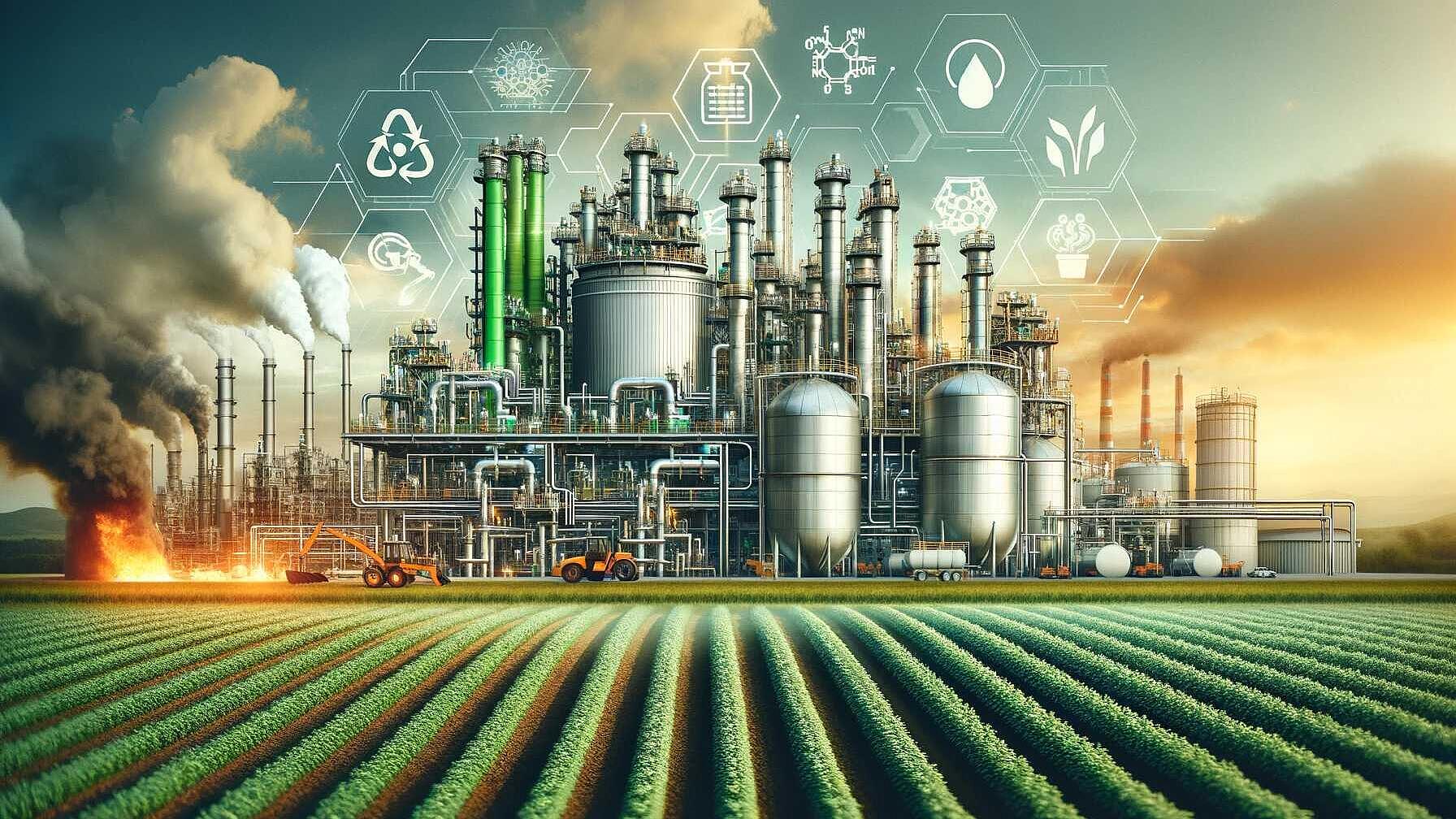 Search Result
Search ResultHow cheap must batteries get for renewables to compete with fossil fuels?
Author: Edd Gent While solar and wind power are rapidly becoming cost-competitive with fossil fuels in areas with lots of sun and wind , they still can’t provide the 24/7 power we’ve become used to.…
Read Full articleThe future of flight – Three energy futures (electric, hydrogen or just less?)
In my blog on the future of energy I made a very bold statement about he future of flight being cut by 50% by 2030. A lot of comments on the article informed me I was probably wrong – and this got me…
Read Full articleDecarbonisation in Japan: Ammonia-coal co-firing versus renewables
Japanese utilities are exploring the case for retrofitting their existing coal power plants to enable co-firing of coal with ammonia to reduce carbon dioxide emissions. However, ammonia-coal co-firing…
Read Full articleDistrict heating: balancing green energy with end-user needs
As district heating companies search for new sources of low-carbon energy to distribute to customers, they find themselves serving both energy supplier and end-user. What challenges does their…
Read Full articleElectrifying the Future: Joule-Heated Catalytic Reactors as a Pathway to Decarbonization and Innovation
In today's energy landscape, one of the most pressing challenges is reducing greenhouse gas emissions, particularly from energy-intensive industries like chemical manufacturing. With climate change…
Read Full articleCatalytic Hydrogen Production: Pioneering Clean Energy with Methane Cracking
In the race to decarbonize the world’s energy systems, hydrogen stands out as one of the most promising fuels for a cleaner future. A significant part of this transformation is methane cracking, an…
Read Full articleInternational recognized sustainable Energy Management System (EnMS): ISO 50001
Improving energy performance, reducing consumption of electricity, improving overall energy efficiency and advancing its knowledge on energy uses is a major concern of enterprises in the world. In the…
Read Full articleEU Fit for 55 package: a good fit for companies performing energy management systems and energy audits?
On 14 July 2021, the European Commission circulated a new set of proposals called ‘ Fit for 55 package ’ delivering the 2030 climate change targets and coping with the highly popular EU Green Deal.…
Read Full articleHYDROGEN MEGATREND: GREEN HYDROGEN THE FUEL OF THE FUTURE?
HYDROGEN - AN ALL-ROUNDER Great hopes are being placed in hydrogen as an energy carrier. Hydrogen seems to be the solution, especially for economic and industrial sectors that are difficult to…
Read Full articleRevolutionizing Ammonia: The Quest for Sustainability and Efficiency in Fertilizer Production
Unveiling the Haber-Bosch Legacy The Haber-Bosch process, a century-old invention pivotal for global food production, is now a subject of scrutiny. Producing over 180 million tonnes of ammonia…
Read Full article

